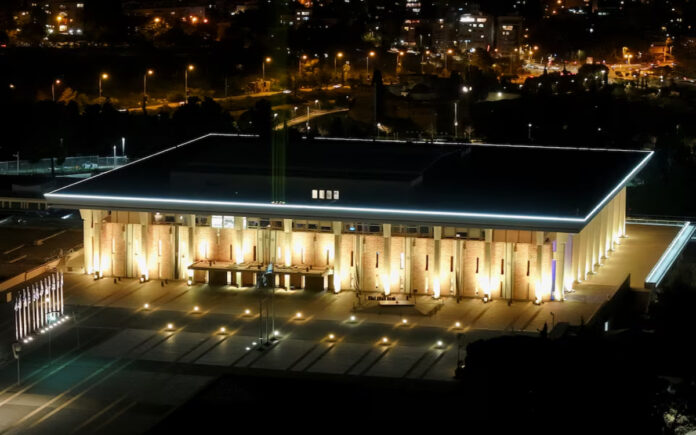Jerusalem: Israel’s government has secured a temporary reprieve in a divisive battle over draft exemptions for ultra-Orthodox Torah students, as ultra-Orthodox coalition partners have agreed to drop their demand for a new conscription law prior to this week’s budget approval. Leaders of the Haredi political factions had initially insisted on passing a law that would exempt full-time seminary students from military service before the cabinet vote on the austerity 2025 budget, scheduled for Thursday.
Threats from ultra-Orthodox parties to abstain from the budget vote, which would destabilize government finances in wartime and risk Prime Minister Benjamin Netanyahu’s coalition, led to negotiations. Both Netanyahu and Finance Minister Bezalel Smotrich, from the religious nationalist party, prioritized the budget’s passage, dismissing the demand for immediate changes to the draft law.
“Whoever opposes the budget will pay a price and bear full responsibility,” Smotrich stated at a press conference, emphasizing that religious study and military service can coexist. The budget, featuring $10.8 billion in cuts and tax hikes, has been central to the coalition’s financial plans.
Although ultra-Orthodox parties remain committed to exempting full-time Torah students from military service, they have withdrawn the threat to oppose the budget after the state agreed to support Haredi day care for working mothers. Moshe Roth, a senior United Torah Judaism (UTJ) lawmaker, noted that a compromise was reached, allowing the budget vote to proceed smoothly during a period of military conflict.
“The budget is mostly a defence budget, so therefore, the Haredim don’t want to topple the government on this,” Roth told Reuters, adding that the ongoing war was an inappropriate time for elections.
The ultra-Orthodox, who make up around 13% of Israel’s population, are a rapidly growing demographic. Mandatory military service for Israeli men and women at age 18 has long excluded full-time seminary students, a policy in place since Israel’s founding in 1948. Although Netanyahu pledged to pass a new conscription law to fulfill Haredi demands when the coalition formed in 2022, political and wartime obstacles have delayed it.
In June, the High Court mandated the state to begin drafting ultra-Orthodox seminary students, a move that could result in about 3,000 ultra-Orthodox recruits annually. UTJ Chairman Yitzhak Goldknopf has warned that without legislative reform, Torah students who resist the draft could face charges as deserters.
Also Read | Canadian Spy Agency Identifies Chinese Hacking as Top Cyber Threat to National Security
Public dissatisfaction over draft exemptions has mounted as Israel confronts a second year of the Gaza war, along with hostilities in southern Lebanon, and as military losses approach 800 casualties. Haredi leaders express concerns about young ultra-Orthodox men serving alongside secular Israelis, fearing that military service may lead to a dilution of their religious identity.
“Defense is important, economy is important, health is important. But to the Jewish nation, education is important too,” said Roth. “To not have knowledge of Torah is the worst thing in the Jewish nation.”



